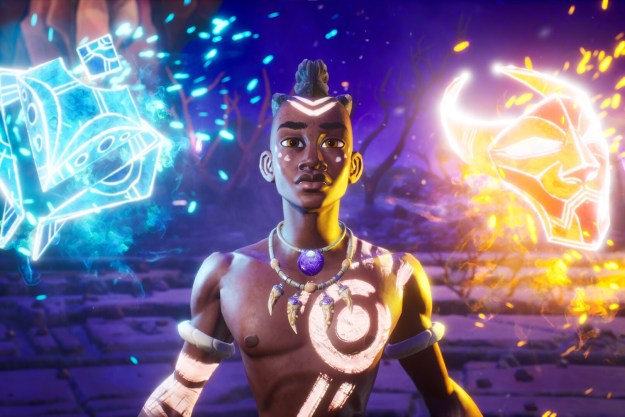
But developers began focusing more on consoles in the 2000s, citing piracy and a wider audience as reasons for abandoning PC gamers. And while PC gaming is now back in full force, we still see a number of games that are merely unoptimized ports from consoles despite that all games, technically, are developed on PCs.
But Electronic Arts doesn’t take that console-to-PC approach. Electronic Arts Chief Financial Officer Blake Jorgensen made this perfectly clear while speaking during the UBS Global Technology Conference this week. The comment came up while talking about the company’s flexibility regarding console hardware refresh cycles.
According to Jorgensen, Electronic Arts has moved all of its games to the Frostbite Engine. Thus, instead of having to dramatically update 25 or so engines when a new console arrives, the company only needs to update one. Even more, Microsoft and Sony appear to be moving to a new console refresh cycle that supports backwards compatibility right out of the box, so game purchases aren’t immediately doomed to die when new console hardware arrives.
“You won’t see much margin upgrade at all,” he said. “We build all of our games to the highest possible spec, which is typically a high-powered PC, and as the consoles come in, [which] may not be the highest spec, we may actually dummy down the console product to meet the spec of the console. In a world where the console looks more and more like a PC, that’s good for us.”
One of the big factors tearing down the wall between the PC and console is that both the Xbox One and PlayStation 4 are based on the same x86 components found in a PC. That wasn’t the case in the previous generation, as the Xbox 360 and PlayStation 3 were based on a PowerPC-based design by IBM, which is a totally different, non-x86 processing architecture than what we use in a typical desktop or laptop. Thus, developers had to create games based on two different architectures (PowerPC, x86) if they wanted their titles on PC as well. That cost time and money outside the need to optimize the Xbox 360 and PlayStation 3 versions for their specific, custom use of IBM’s architecture.
Now the Xbox One and PlayStation 4 are based on x86 designs by AMD. Because of the PC-based AMD components, developing games across all three platforms is easier and more unified in terms of the final, multi-system product. Thus, developing a game for a high-end PC and then tuning it down for the current crop of consoles makes sense. And given that Electronic Arts is now using one game engine across the board, the company will be well prepared for the next console refresh because similar, more-power hardware will already exist on the PC market.
All in all, this is good news for PC gamers. On the Electronic Arts front, at least we will see PC games that are top-notch and optimized for the platform, providing the experience that Electronic Arts intended from the start. That also means we won’t see watered-down versions that play horribly and forces players over to the dark side of console gaming.
Editors' Recommendations
- EA wants your help to test the next Skate game
- LG’s first gaming laptop comes with some high-end specs
- EA opens all of its accessibility patents, including Apex Legends’ ping system
- Konami’s first gaming PCs bear a striking resemblance to the Mac Pro
- Lenovo doubles down on AMD Ryzen with new Legion gaming PCs



